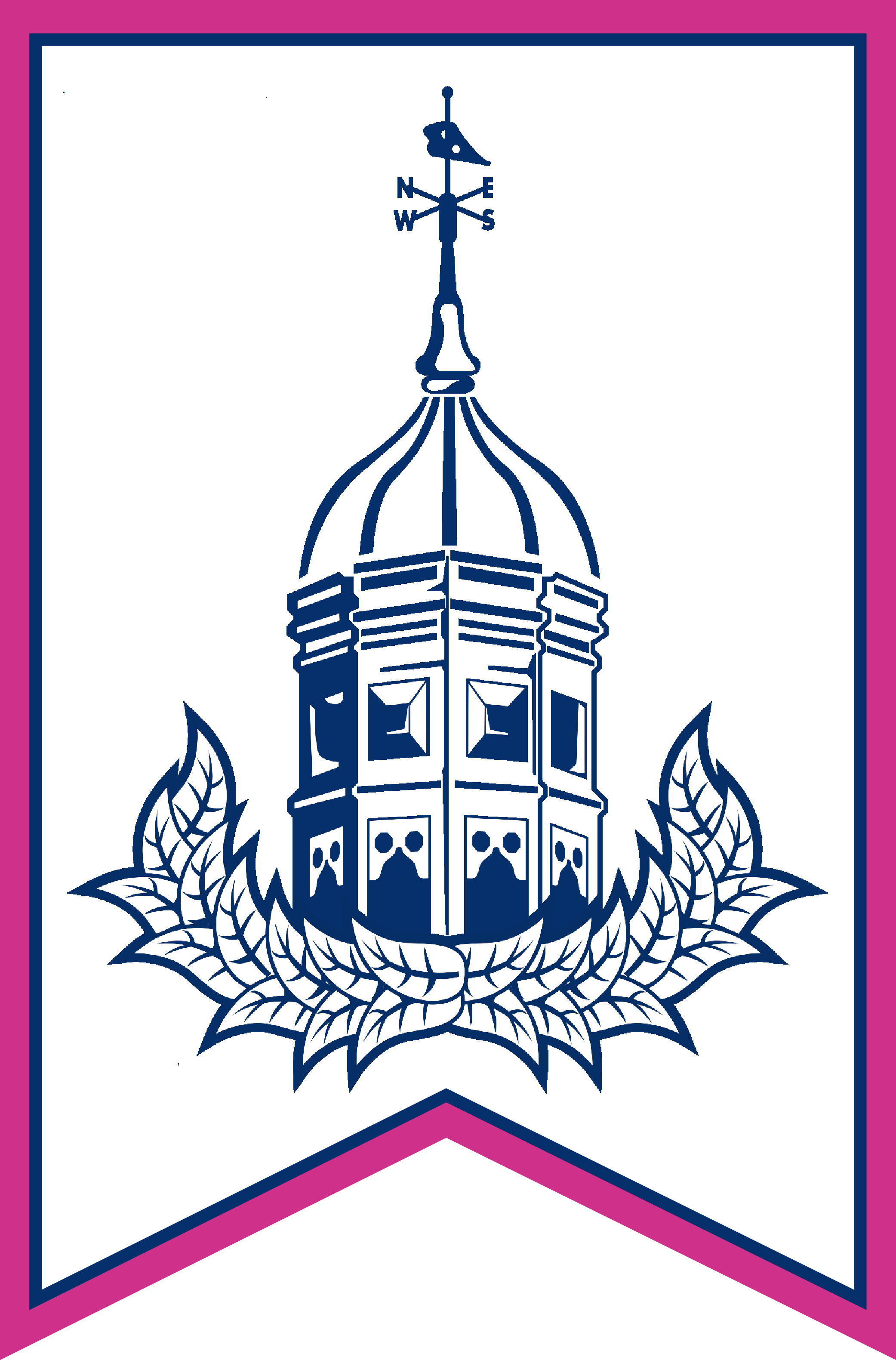Writing
Intent
At Downton C of E Primary School, we want every child to be an author and be equipped with the necessary skills to develop a love for writing. We feel the ability to communicate effectively underpins our curriculum and provides key skills which enable Downton children to fulfil their dreams. Across all subjects, we provide a forum for children to develop the skills necessary to communicate their thoughts, ideas, decisions and feelings successfully. We aim to develop children's use of wide and purposeful vocabulary, which provides them with the tools to express themselves both verbally and through their writing.
Implementation
Click here to see the progression of writing at Downton.
At Downton C of E Primary school we want our children to be informed, articulate and empowered writers.
Informed
For children to be informed writers we expose them to a wide range of texts. As a staff team, we use key texts which allow children to experience different genres and writing styles. We make sure the texts we use provide children with an understanding of life experiences different to their own so they may write from the point of view of different characters.
Articulate
We feel the ability to communicate effectively underpins our curriculum and provides key skills which enable Downton children to thrive.
Across all subjects, we provide a forum for children to develop the skills necessary to communicate their thoughts, ideas, decisions and feelings successfully.
We develop children's use of wide and purposeful vocabulary through oracy in our writing lessons. This provides them with the tools to express themselves both verbally and through their writing.
We strongly believe that in order to write successfully, children must first have something to write about. With this in mind, our teachers engage children with active experiences based on high-quality texts at the beginning of a writing unit and plan a wide variety of rich experiences, including visits and trips, that not only enhance children’s knowledge but also ignite their creativity and inspire their writing.
Empowered
We aim for each student to leave primary school empowered with the language skills they need to advocate for themselves and others, as well as express their opinions. By fostering independence in reading and writing and encouraging reflective, respectful dialogue, we empower our students to participate fully in society and approach future challenges with resilience, empathy, and insight.
Writing sequence
Our writing curriculum follows a structured sequence of lessons over approximately four weeks for narrative units and two to three weeks for ‘factional’ non-fiction units. Each unit begins with a high-quality stimulus—such as a picture book, chapter book, or short animation—to inspire children’s writing.
In narrative units, children study a model of excellence, showcasing three key grammar or punctuation skills. The first few lessons focus on exploring the stimulus, model text, and vocabulary development. Children then engage in short-burst writing opportunities, explicitly practising the taught skills, including those from previous units to reinforce learning. These pieces are conferenced through whole-class verbal feedback and teacher modelling, allowing children to edit and improve their work.
Before their final writing outcome, children plan, use oracy to rehearse, and refine their ideas. Their final piece, crafted in the style of the model of excellence, is also conferenced and edited to develop accuracy and creativity.
For non-fiction writing, we follow a similar approach, using the world of the stimulus to create texts such as newspapers or letters while incorporating characters, settings, and events from our narrative units. These units focus on two grammar or punctuation skills, ensuring children develop accuracy and confidence in writing for a range of purposes.
Impact
Our writing curriculum ensures that children leave Downton as confident, articulate, and creative writers. Pupils develop a strong command of language, applying their skills across the curriculum and writing with purpose for different audiences. Regular assessments show that the majority of children meet or exceed age-related expectations in writing by the end of Key Stage 2. Through engaging experiences and high-quality teaching, our pupils develop a love for writing and the ability to express themselves clearly, preparing them for future academic and real-world challenges.
